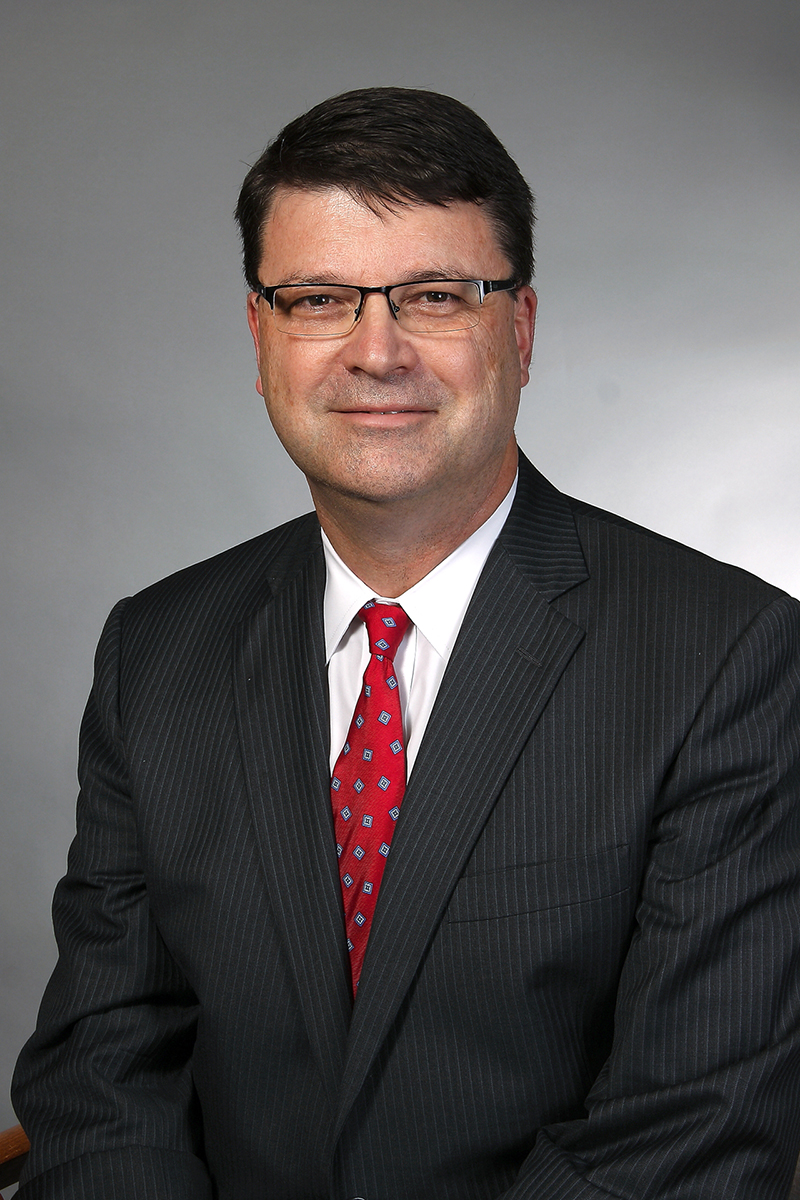 Crayton “Tony” Fargason, M.D., has assumed an additional role at UAB Medicine as the Director of Neurodevelopmental Initiatives. Fargason will serve a key coordinating role between the UAB School of Medicine, the Department of Pediatrics and Children’s of Alabama.
Crayton “Tony” Fargason, M.D., has assumed an additional role at UAB Medicine as the Director of Neurodevelopmental Initiatives. Fargason will serve a key coordinating role between the UAB School of Medicine, the Department of Pediatrics and Children’s of Alabama.
He will work to facilitate integration of activities with UAB’s well-established entities such as the Department of Genetics, the Institute for Precision Medicine and Southern Research, as well as with UAB partner Hudson Alpha, towards a collaborative goal of enhancing the research, medical education, and ultimately clinical care for patients with neurodevelopmental challenges, including autism spectrum disorder.
“Dr. Fargason is an important part of the UAB and Children’s communities,” said Mike Warren, CEO of Children’s of Alabama. “His education, training, clinical experience, research and long-time leadership role as the Medical Director of Children’s uniquely qualify him to represent the entire pediatric enterprise as an integral part of the burgeoning campus-wide Neurodevelopmental Initiatives.”
Fargason received his undergraduate B.A. and B.S. degrees from Tulane University and earned his medical degree for The Johns Hopkins University School of Medicine. He completed his Pediatric Internship and his Residency at Northwestern University Medical School, where he also earned an MBA from the J.L. Kellogg Graduate School of Management.
Fargason will continue to serve as the Medical Director and Vice President of Clinical Affairs at Children’s as he has for nearly twenty years, and he will continue his work as a professor in the UAB Department of Pediatrics. He is board certified in both pediatrics and clinical informatics.
“We believe this is a critical field of medicine,” said Selwyn M. Vickers, M.D., FACS, senior vice president for medicine and dean of the School of Medicine. “The announcement of Dr. Fargason’s expanded role is another purposeful step towards accelerating our overall impact.”
In his additional role, Fargason will help coordinate the dissemination of information across all platforms, promote the intersection of science with therapy and models of care, consult on organizational dynamics and institutional roles to eliminate barriers, and help develop and communicate shared goals.